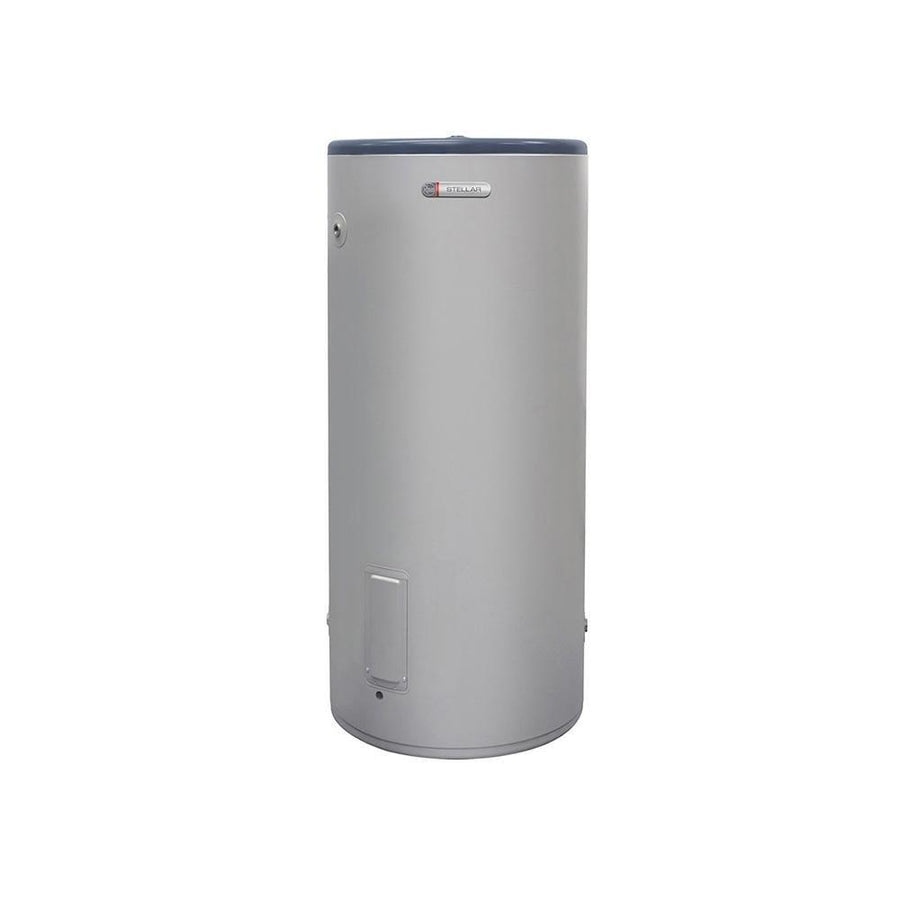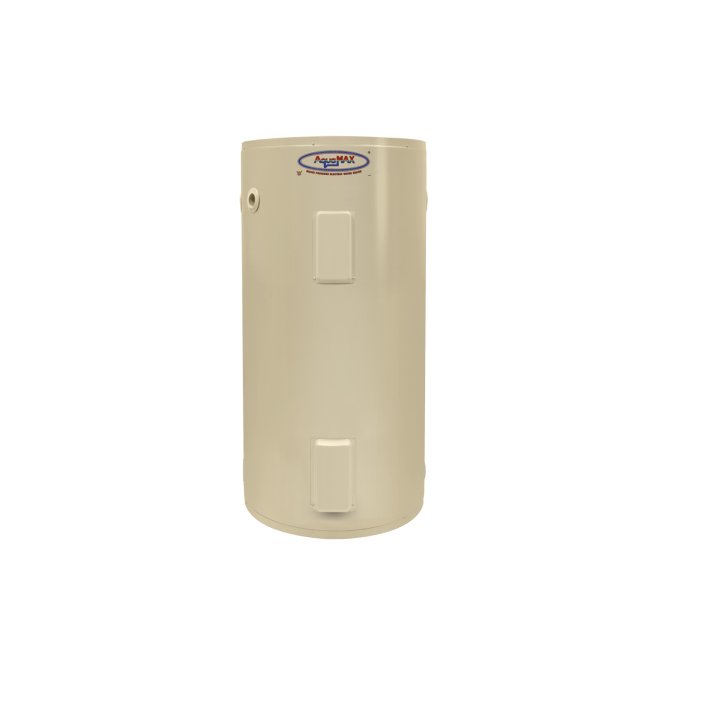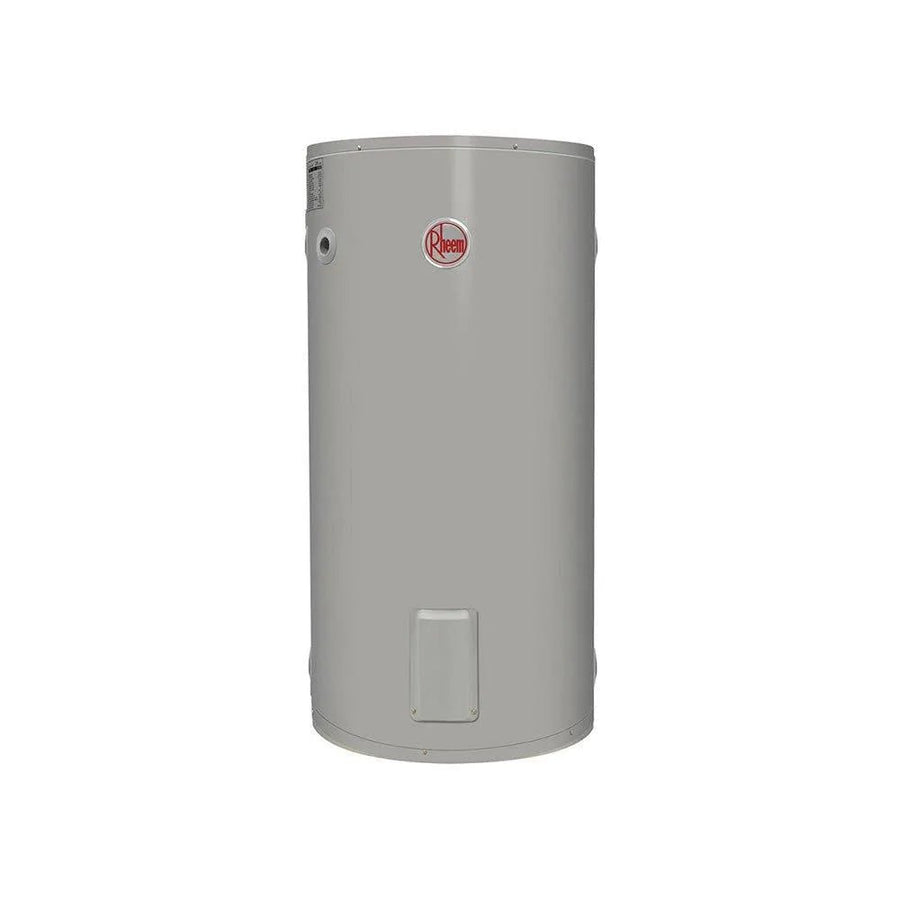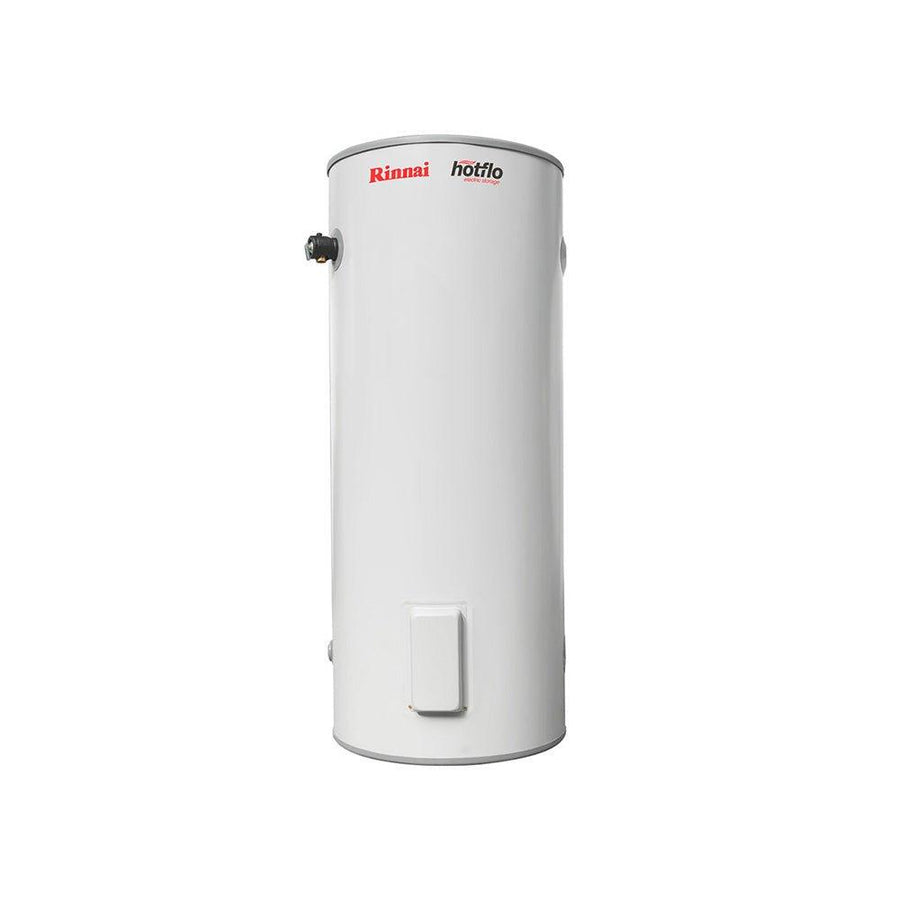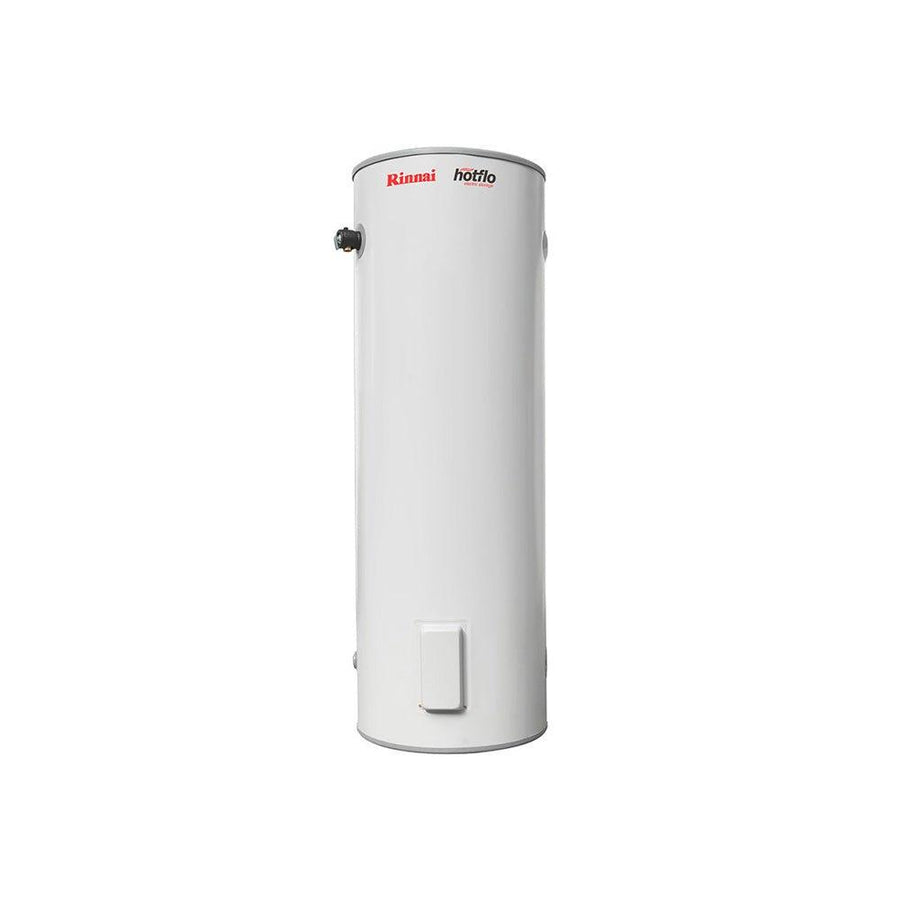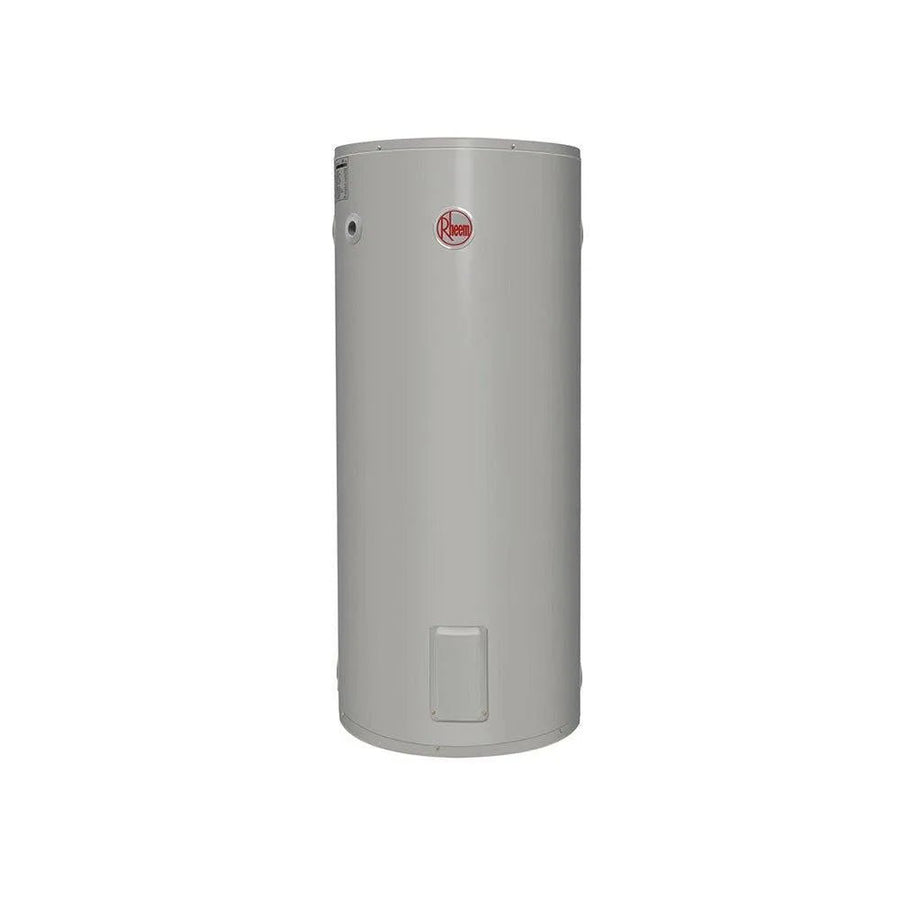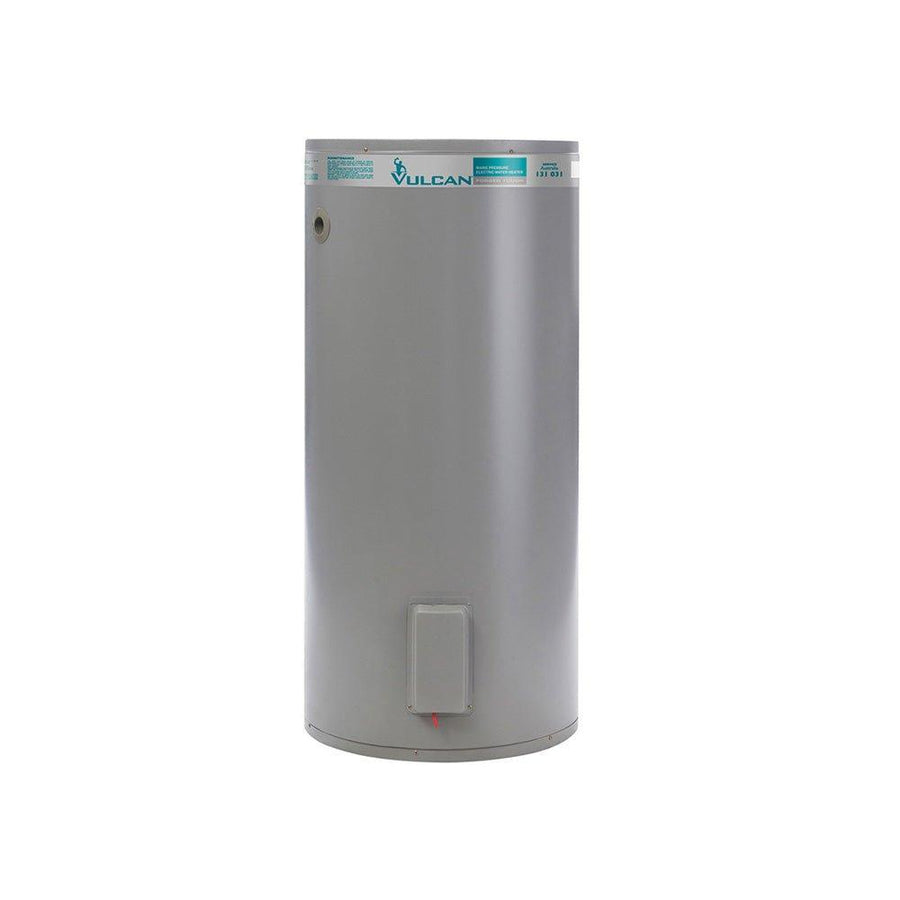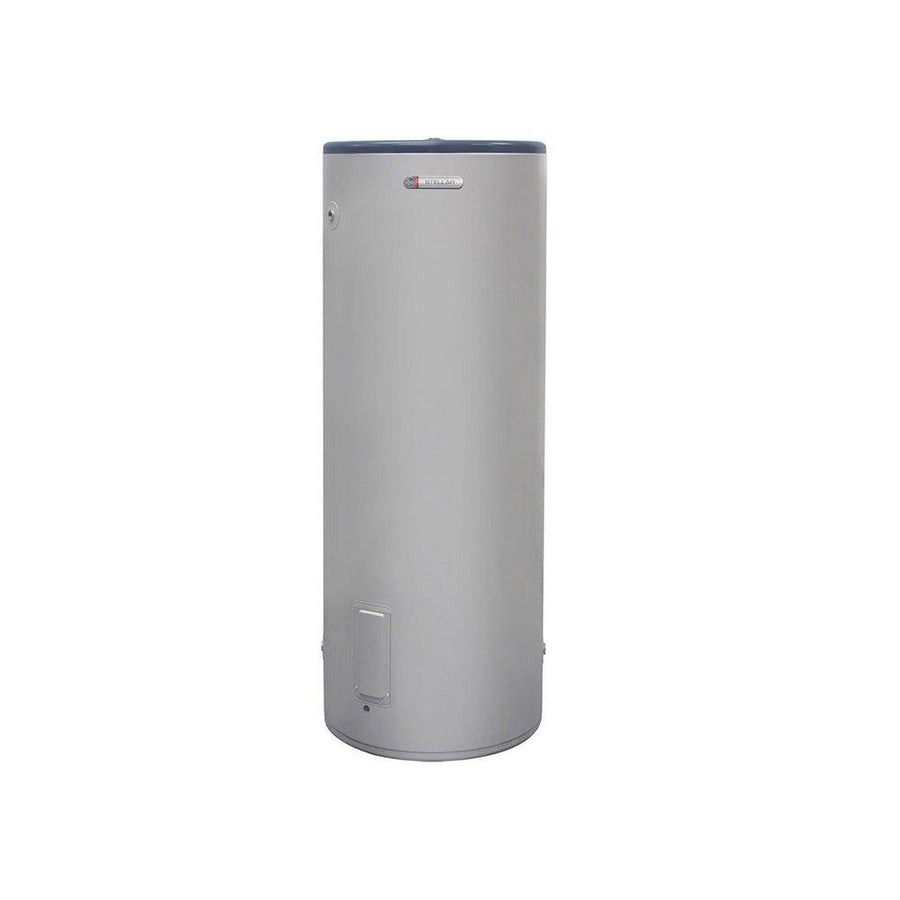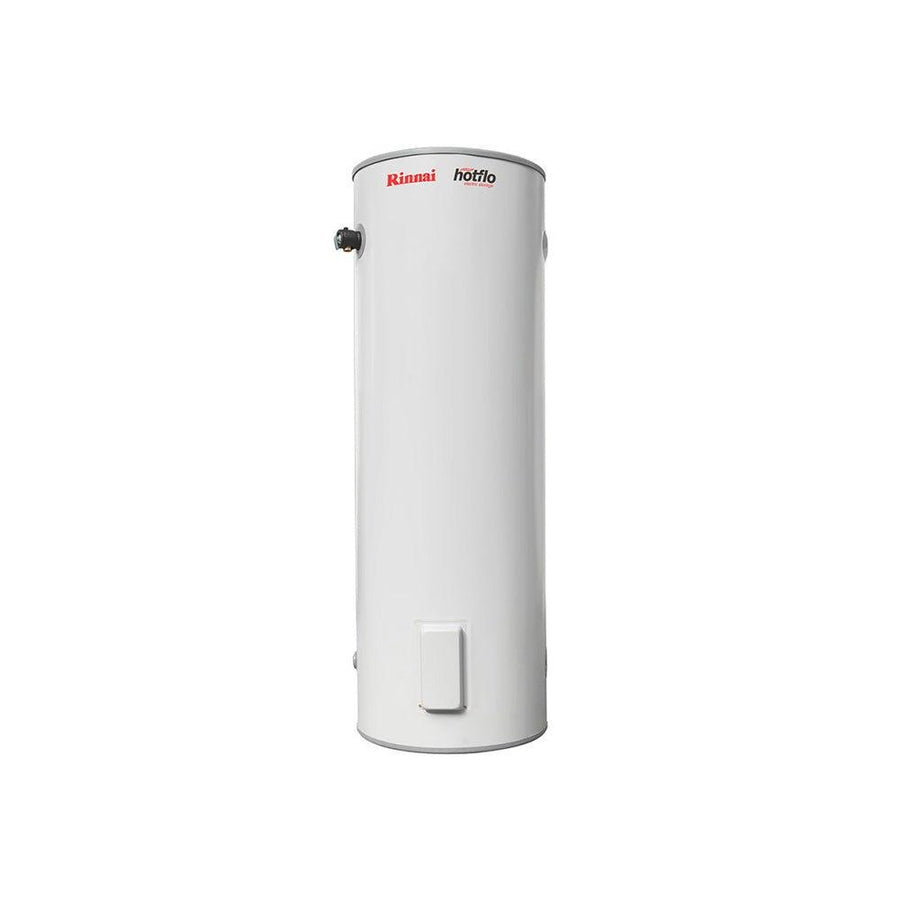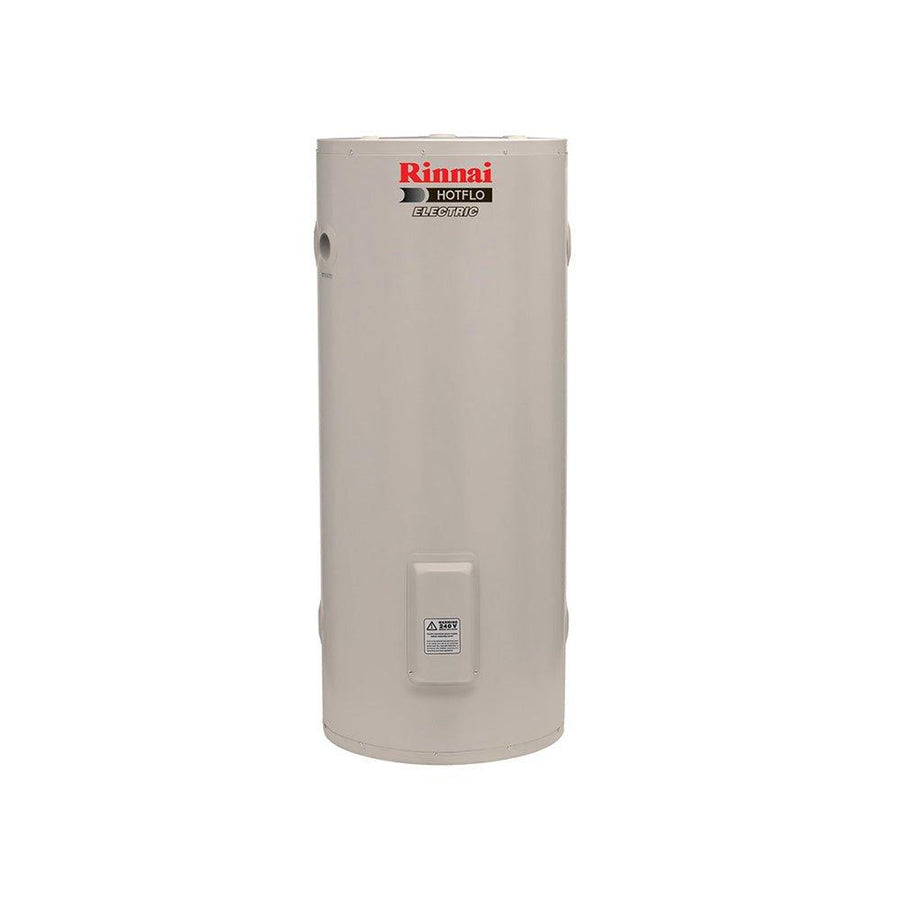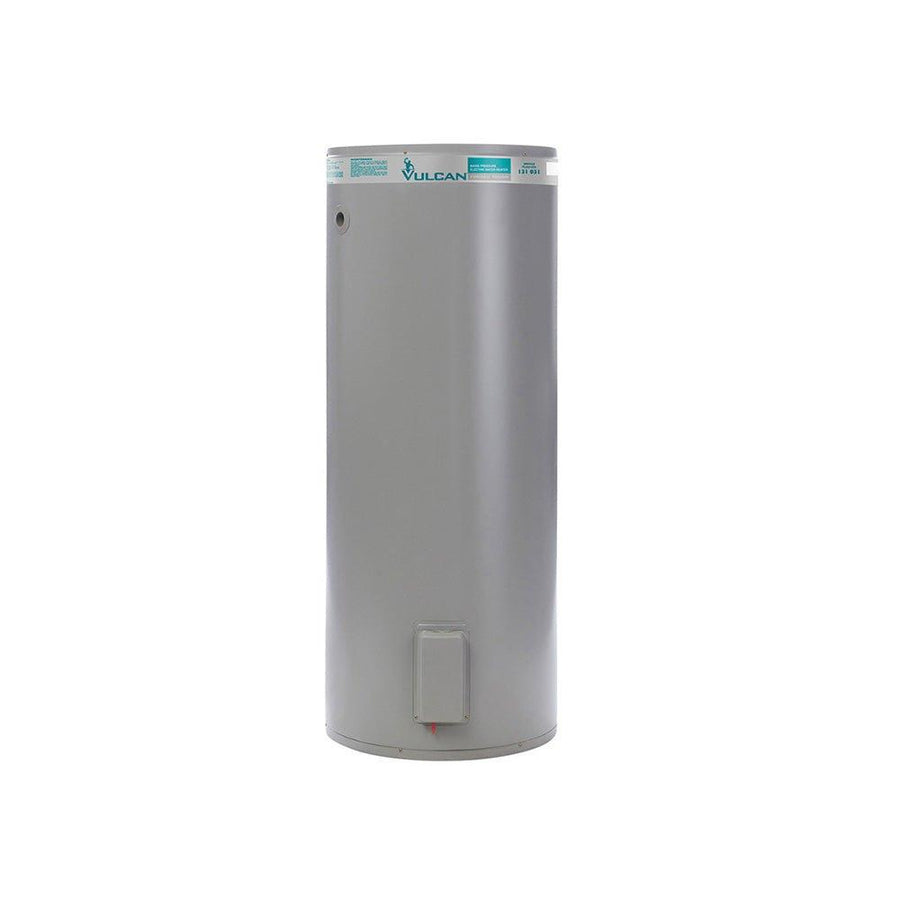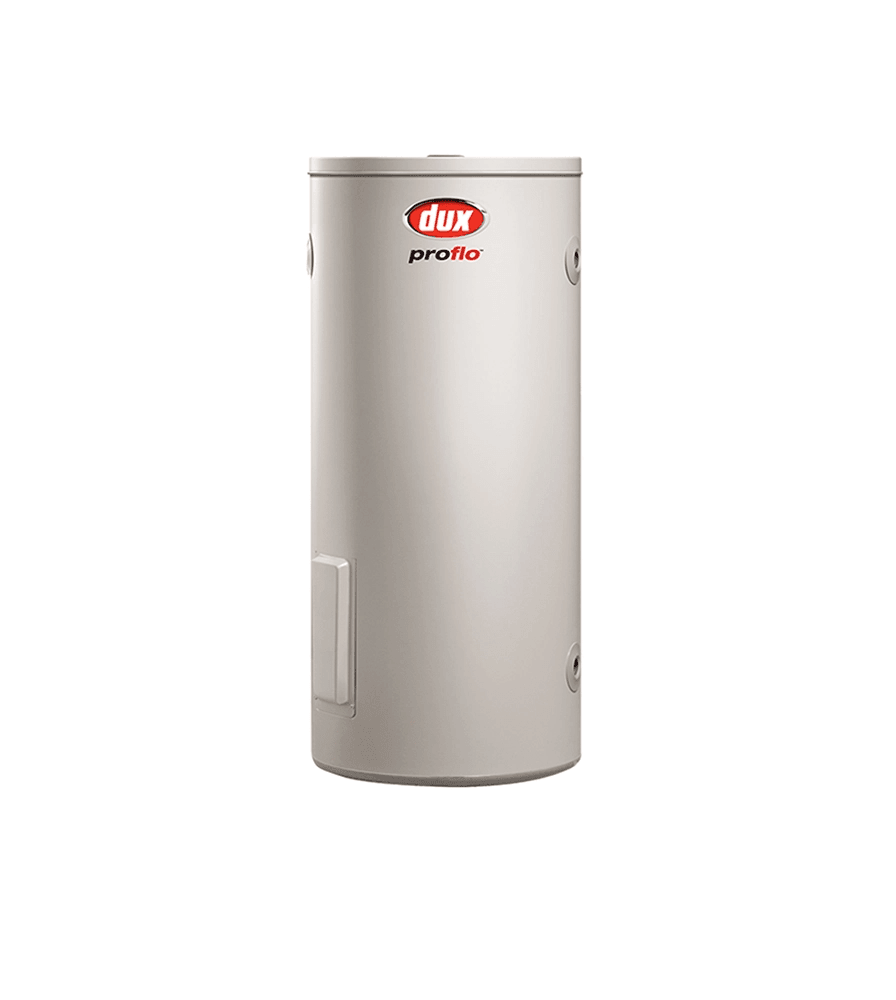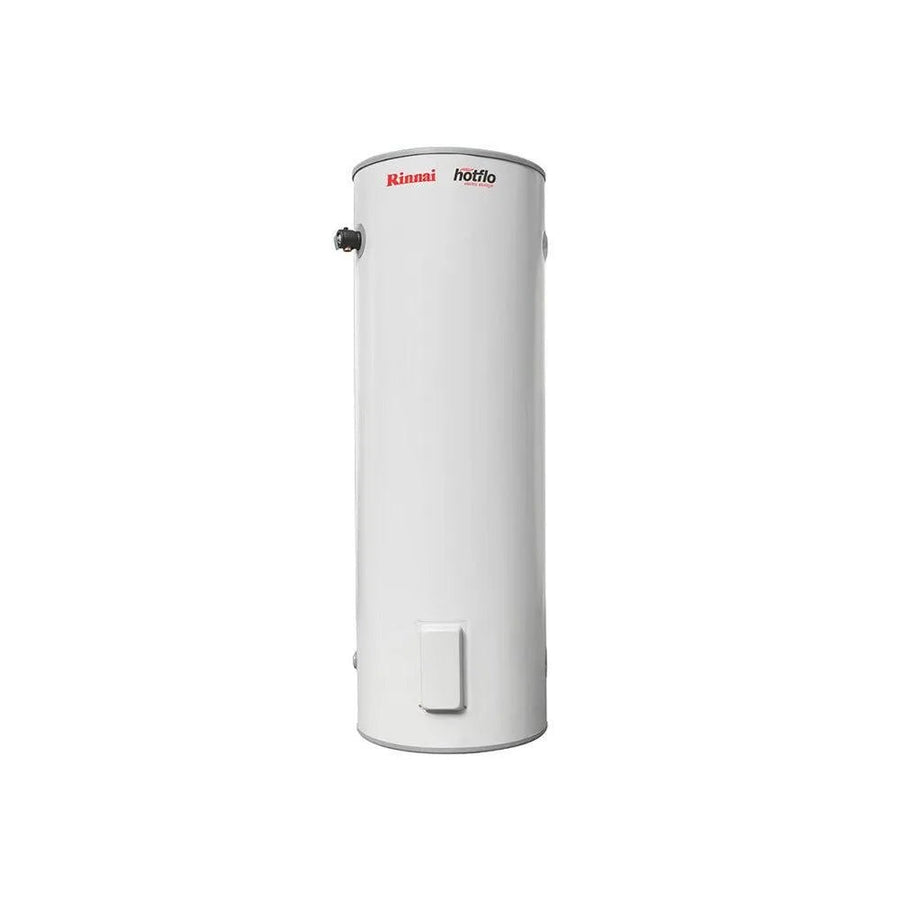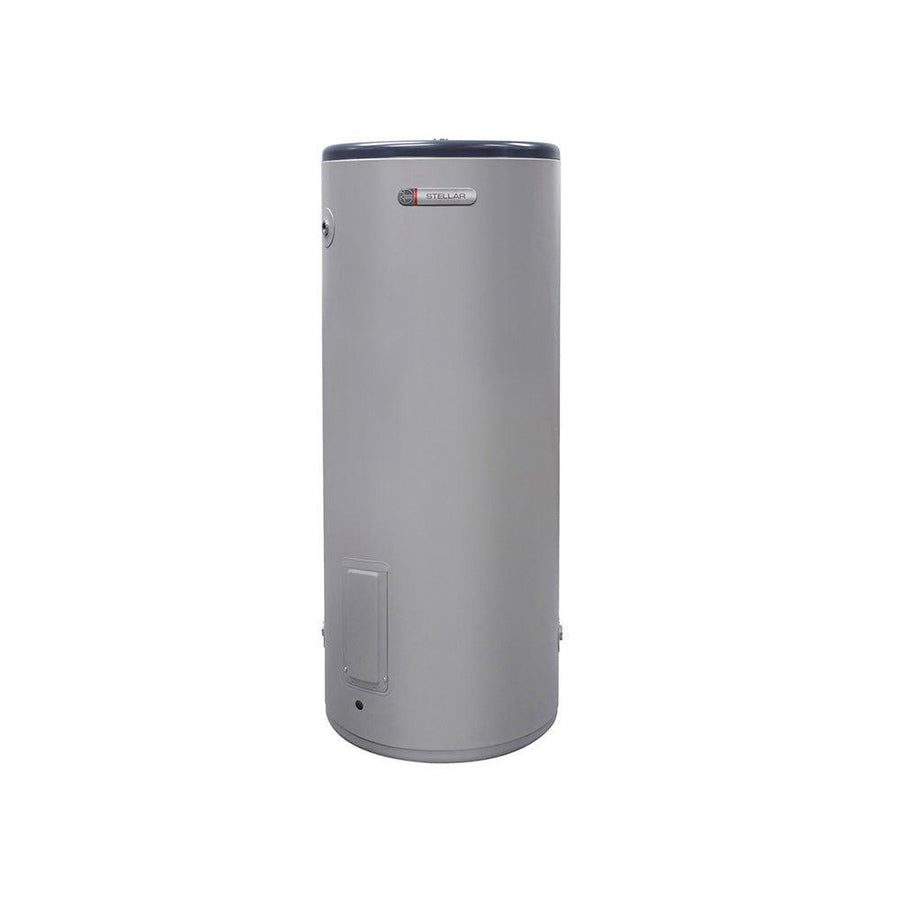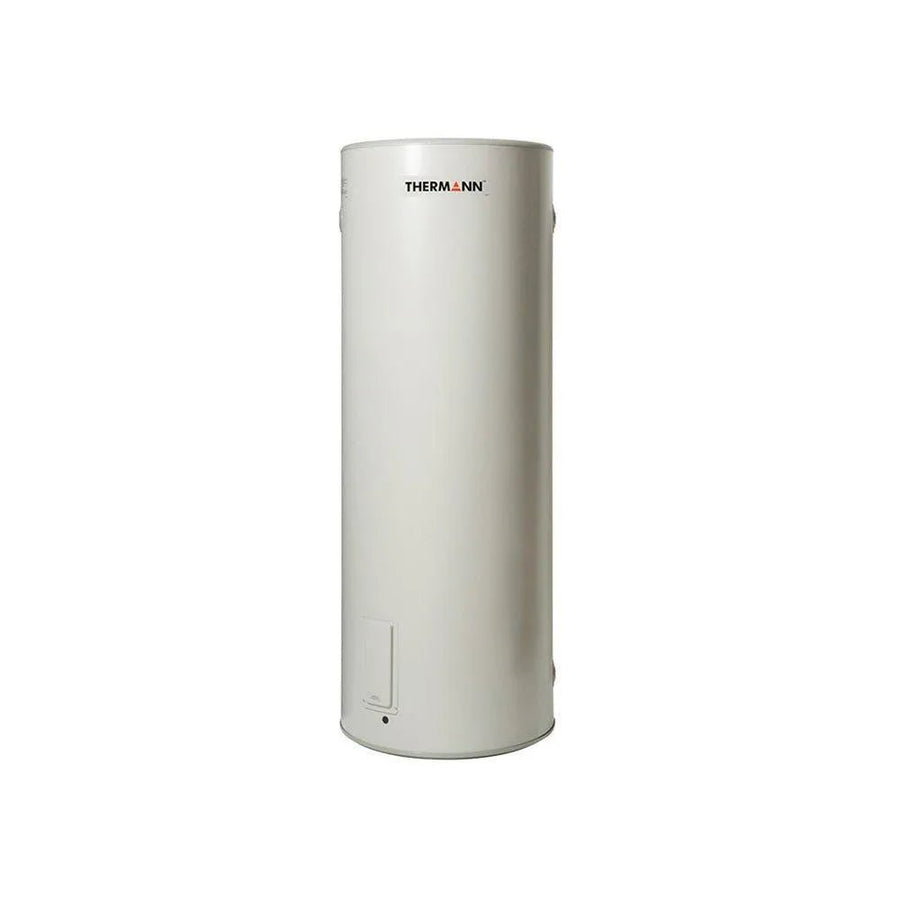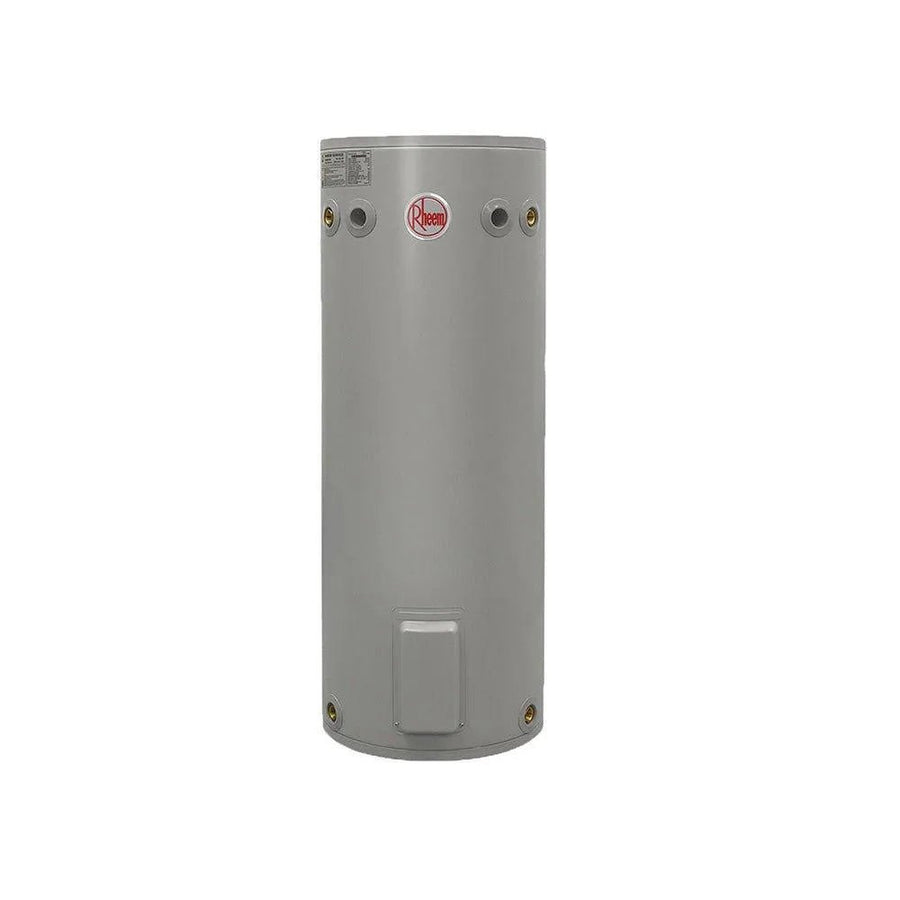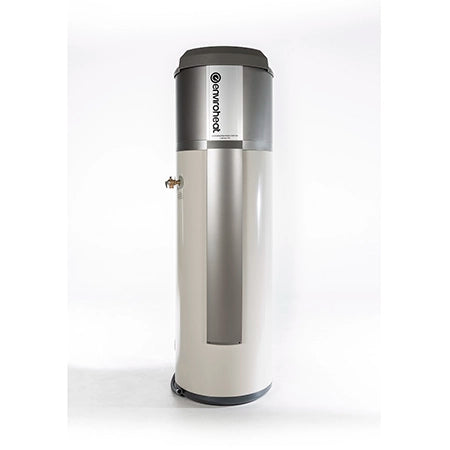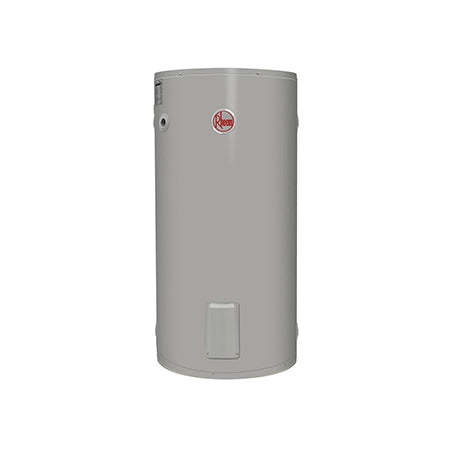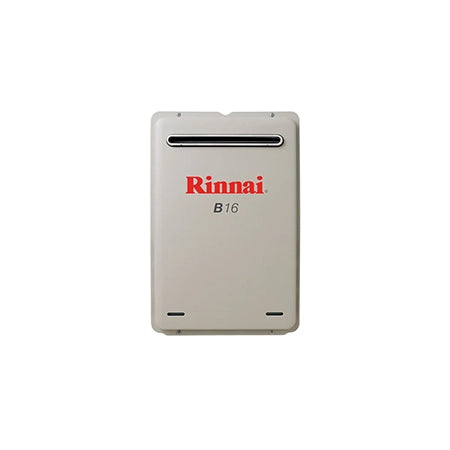Maximizing Efficiency: Your Guide to Choosing the Best Electric Hot Water System
Maximizing Efficiency: Your Guide to Choosing the Best Electric Hot Water System
Choosing an electric hot water system can be complex. You want a system that is efficient, cost-effective, and fits your home’s demand for hot water. We’ll explore the pros and cons of storage and continuous flow systems, how to size one for your needs, and what to expect in terms of running costs and savings. Get ready to make a well-informed decision without the jargon overload.
Key Takeaways
-
Electric hot water systems are efficient and available in two main types: storage-based systems that store heated water and continuous flow systems that heat water on demand, with the latter being typically more energy-efficient.
-
Choosing the right electric hot water system involves assessing household needs, balancing cost with efficiency, and considering long-term reliability and warranties offered by trusted manufacturers like Rheem, Dux, and Rinnai.
-
Installation of electric hot water systems should be performed by licensed professionals with consideration for strategic location, governmental incentives like tax credits and rebates are available to offset costs, and ongoing maintenance including insulation can ensure optimal performance and energy savings.
Understanding Electric Hot Water Systems
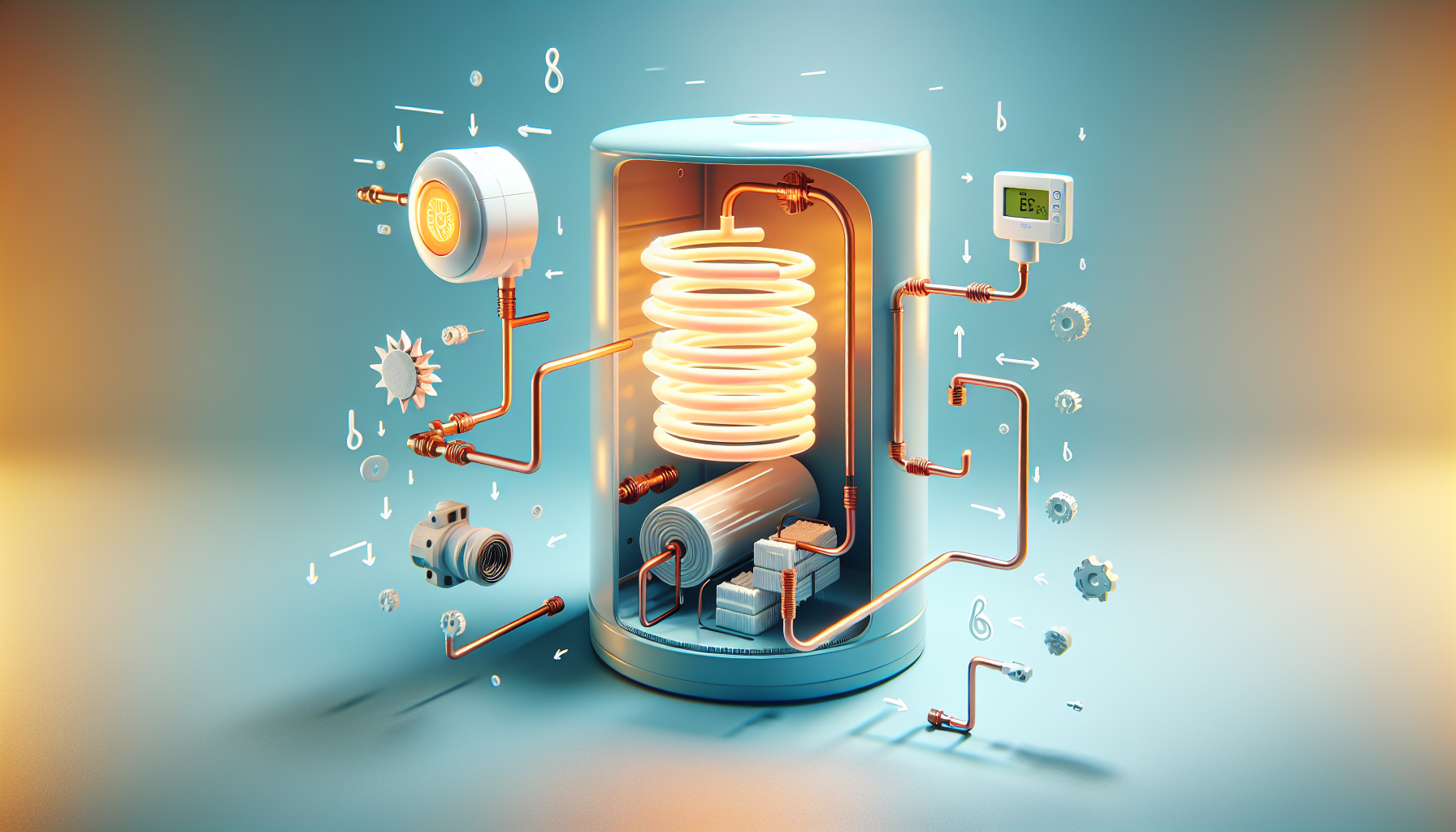
Electric hot water systems are becoming increasingly popular due to their efficiency and ease of use. But how do these systems work? It’s simpler than you might think. Electric hot water systems work by:
-
Heating water using immersion elements and thermostats.
-
When cold water enters the system, it’s heated by the electric elements within a heat exchanger.
-
The heated water is then delivered to your taps, ready for use.
Electric hot water systems come in two types: storage-based and continuous flow. The choice between the two depends on your household’s needs and preferences. Storage-based systems heat the water and store it in an insulated tank until it’s needed. On the other hand, continuous flow systems, also known as tankless or instantaneous systems, heat water as it flows through the system on demand, eliminating the need for a storage tank. This means you never run out of hot water! Plus, because they only heat water when it’s needed, continuous flow systems are typically more energy-efficient than their storage-based counterparts.
The Mechanics of Heating Water
So, how exactly does an electric hot water system heat water? The answer lies in the electric immersion elements, which are the heart of these systems. When cold water enters the system, it passes through a heating element. As an electric current heats up the element, heat is transferred to the surrounding water.
The materials used in these immersion elements are chosen for their durability and heat conductivity. Common materials include:
-
steel
-
stainless steel
-
copper
-
titanium
-
Incoloy
-
brass
-
cast iron
Meanwhile, the temperature in the water heater is regulated by a thermostat, which maintains the water at a desired level, ensuring you have hot water whenever you need it.
Storage Tank vs. Continuous Flow
Having covered the basics, we can now examine the two prevalent electric heating methods used in hot water systems: storage tank and continuous flow. Storage tank systems store hot water in a tank until it’s required. This is like having a kettle of hot water ready and waiting for when you need it. On the other hand, continuous flow systems heat water instantly as it passes through the system, eliminating the need for a storage tank.
Both systems have their advantages. Continuous flow systems, also known as continuous flow system, are often touted as being more energy efficient. This is because they only heat the water as it’s needed and don’t require energy to maintain a stored supply of hot water at a constant temperature. However, the best system for you depends on your specific needs.
Selecting the Right Electric Hot Water System for Your Home

With a grasp on how electric hot water systems function, the next step is understanding how to determine the right one for your home. The best system ultimately depends on the specific needs and circumstances of your household. For instance, an electric heat-pump water heater is often recommended because of its efficiency and reliability.
These heaters use heat from the surrounding air to heat water, making them more efficient than both gas and traditional solar hot water systems. What’s more, when used in conjunction with a solar hot water system and a Solar PV system, an electric heat-pump water heater can provide additional economic and environmental benefits.
Assessing Household Hot Water Needs
The first step in selecting the right electric hot water system is to accurately assess your household’s hot water needs. This largely depends on the size of your household. Larger families, for instance, will require more hot water.
When choosing the size of your system, consider the amount of hot water your household uses. Picking a system that is too small could lead to a continuous shortage of hot water, while choosing one that is too large can lead to increased operating costs due to unnecessary heating.
Balancing Cost and Efficiency
While cost is an important factor when choosing your electric hot water system, it’s also crucial to consider efficiency. More efficient systems use less energy, which can lead to lower running costs over time.
Here are some examples of highly efficient electric hot water systems:
-
Heat pump water heaters: These use only 30% of the energy compared to conventional electric hot water systems, making them an energy-saving option for households.
-
Solar water heaters: These use the sun’s energy to heat water, reducing reliance on electricity.
-
Tankless water heaters: These heat water on demand, eliminating the need for a storage tank and reducing energy waste.
Considering the efficiency of your electric hot water system can help you save money and reduce your environmental impact.
The upfront costs of electric hot water systems can range from $300.00 to $2,000.00. However, over time, the energy savings from a more efficient system can offset the initial cost. You can calculate the payback period by dividing the total cost by the annual savings.
Advantages of Modern Electric Hot Water Heaters
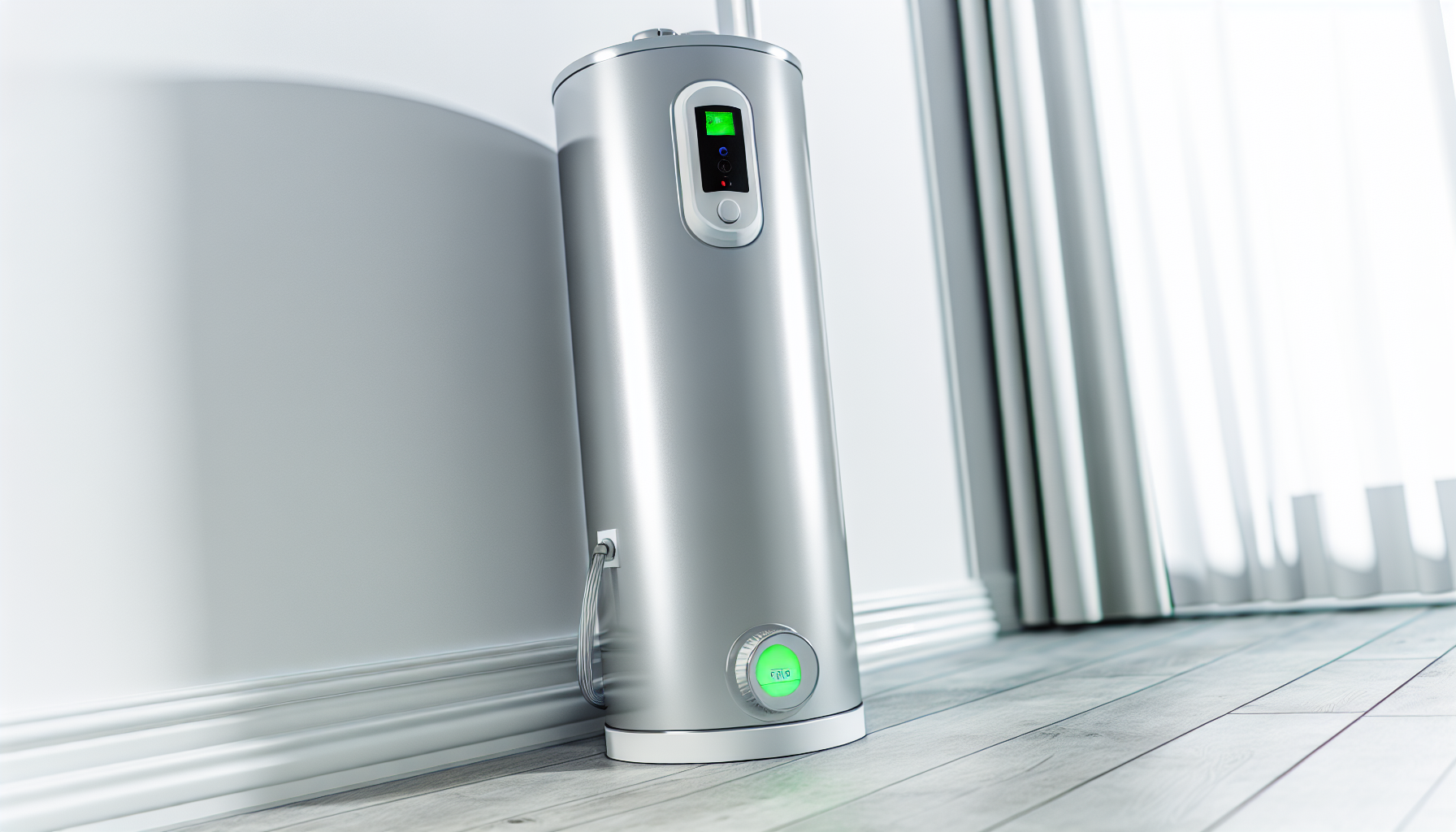
Modern electric hot water heaters offer a plethora of benefits over their traditional counterparts. Energy-saving features and enhanced user control are just a couple of the advantages that make these modern hot water heater systems a popular choice for homeowners.
Advancements in technology have enabled manufacturers to improve the efficiency and performance of these systems. We can now examine these benefits in more detail.
Energy-Saving Features
One of the biggest advantages of modern electric hot water heaters is their energy-saving features. The use of heat pump technology, for instance, minimizes wasted energy and can achieve high efficiency levels by utilizing the ambient air temperature to heat water.
High-efficiency electric resistance water heaters are significantly more energy efficient than traditional models. They can save the average four-person U.S. household $550 a year on electricity bills, translating to more than $5,600 over the life of the water heater.
Enhanced User Control
Modern electric hot water heaters aren’t just about efficiency; they’re also about giving you control. Advanced controls and settings provide users with the ability to conveniently manage their heating preferences, including the temperature of hot water outlets.
These features include:
-
Temperature adjustment
-
Smart control panels or smartphone apps for monitoring and adjusting settings
-
Thermostat regulation to maintain desired water temperature
All these features make managing your right hot water system a breeze.
Installation Insights: Getting Your Electric Hot Water System Up and Running
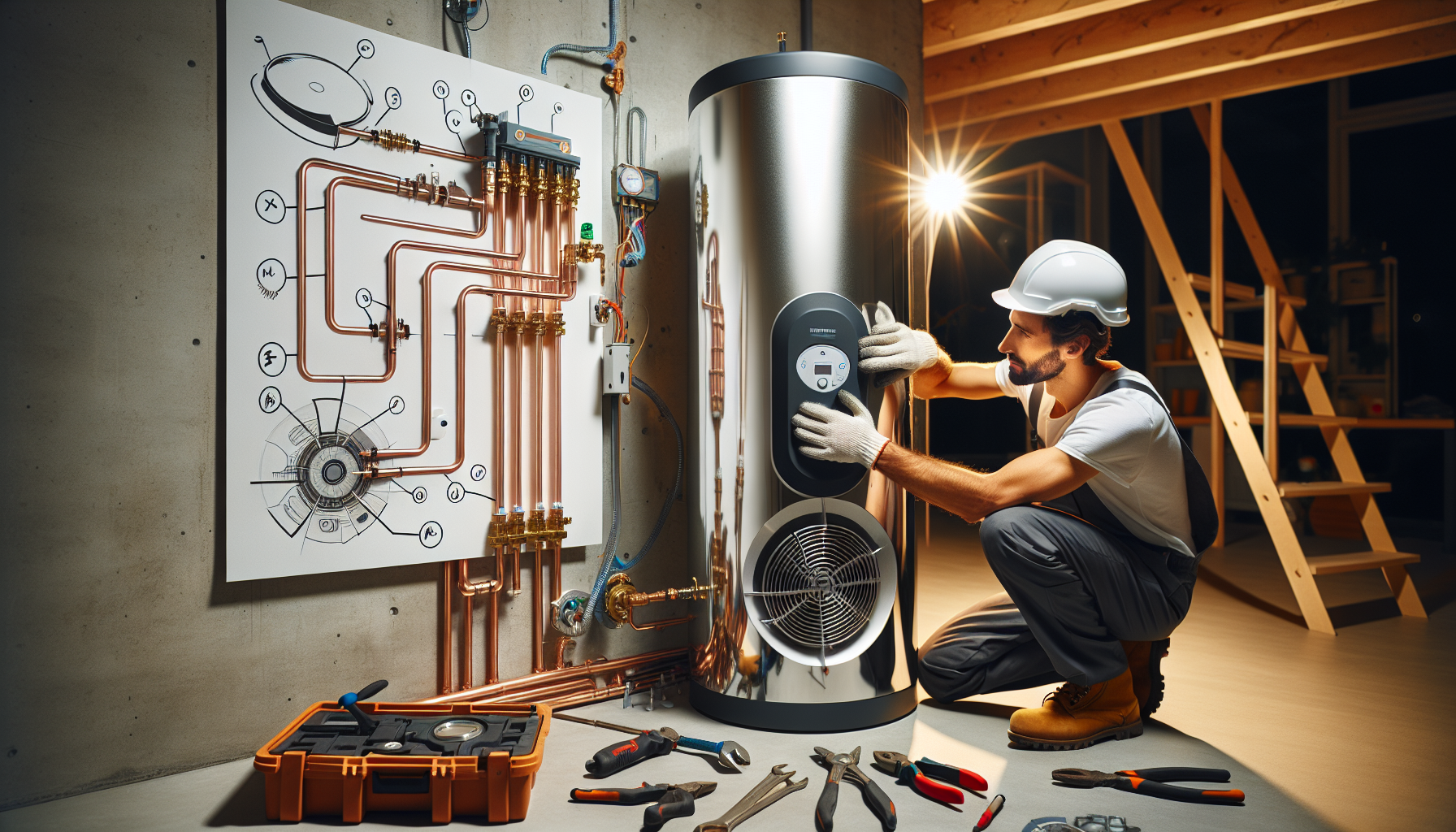
Installing your new electric hot water system is a crucial step in the process. The location of your system, accessibility for maintenance, and ensuring proper ventilation are all important factors to consider when installing your system.
While it may be tempting to install the system yourself, it’s always advisable to hire a licensed professional. This not only ensures the system is installed correctly but also minimizes the risk of potential hazards associated with incorrect installation.
Choosing the Ideal Location
Selecting the best location for your system is key to maximizing its efficiency and convenience. The location should be accessible for maintenance, protected from children, and risk of scalding, and the area around the hot water tank should be clean and clear of combustibles.
Placing your system near areas with high water usage, such as multiple bathrooms or a laundry room, can improve responsiveness. The installation area should also be cleared and level, free from obstructions.
Professional Installation Process
Hiring a licensed professional to install your system is a critical step. Incorrect installation can lead to system failure and potential hazards such as fire, explosion, carbon monoxide poisoning, and electrical risks.
The installation process involves several steps, including:
-
Connecting the hot and cold water supply pipes to the heater’s inlet and outlet ports
-
Selecting the location
-
Disconnecting the power
-
Preparing the area for installation
-
Removing the old water heater
-
Mounting the new water heater
-
Connecting the water and drain
Trusted Brands and Long-Term Reliability
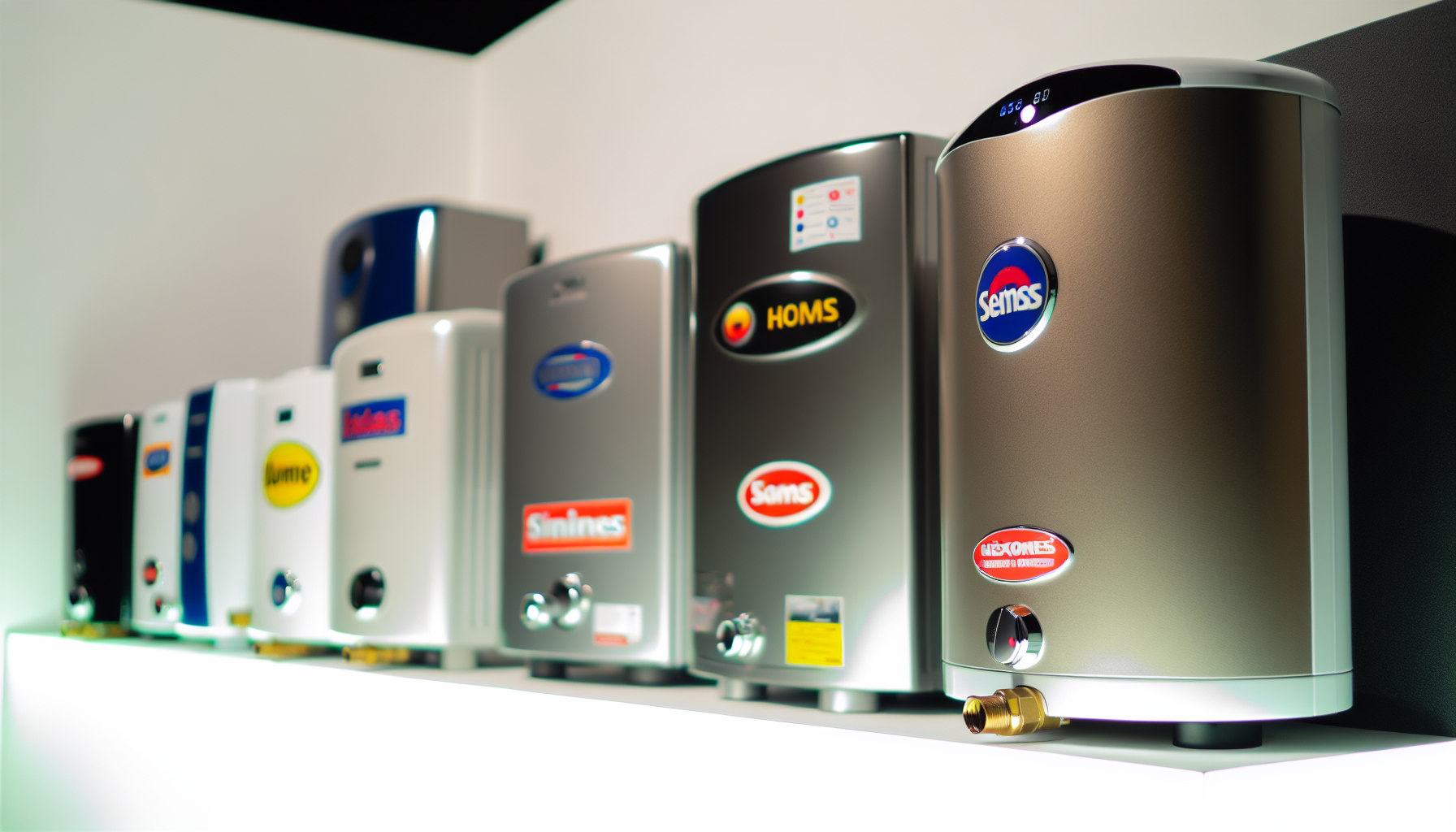
Reliability is paramount for electric hot water systems. The last thing you want is for your system to break down just when you need it most. That’s why it’s important to choose a system from a trusted brand. Leading brands in the electric hot water systems market include:
-
Wilson
-
Zip
-
Stiebel Eltron
-
Rheem
-
Dux
-
Rinnai
-
Thermann
-
AquaMax
-
Evo Heat
These brands are known for their high-quality products and reliable warranties, giving you peace of mind with your purchase. Furthermore, electric hot water systems from these leading brands have a lifespan of 10 to 15 years, ensuring their reliability over the long term.
Leading Brands in the Market
Among the top manufacturers of electric hot water systems are:
-
Rheem
-
Dux
-
Rinnai
-
Bosch
-
Aquamax
These brands offer unique features such as an innovative and efficient electric water heater range, electric instantaneous hot water system, and electric water storage.
Both professionals and consumers frequently recommend these brands, attesting to their reliability and quality. So, whatever your hot water needs, you can trust that these brands have a solution for you:
-
Rheem
-
Vulcan
-
Rinnai
-
Dux
Warranties and Durability
When purchasing an electric hot water system, it’s also crucial to consider the warranty and durability. The length of the warranty can serve as an indicator of the system’s quality. Systems with longer warranties, lasting up to 10 years, are generally of higher quality and designed for longer durability.
To activate the warranty, you need to contact the system’s manufacturer, who will provide necessary information and guidance for the warranty claim process.
Government Incentives and Rebates
Installing an energy-efficient electric hot water system doesn’t just benefit the environment; it can also benefit your wallet. Various government incentives and rebates are available to reduce the costs of these systems.
For instance, in the United States, a tax credit of 30% of the project cost, up to $300, is available. Additionally, small-scale technology certificates (STCs) are offered as part of the incentives. You can apply for these rebates by visiting official government websites or energy saving programs that provide information on the rebates, grants, and schemes offered by your state or territory.
Optimizing Your System's Performance
After your system is installed, you should verify that it is operating at peak efficiency. Factors like water hardness and pressure can impact the performance of your electric hot water system. For instance, the presence of hard water can cause limescale to accumulate in the pipes and tank, decreasing their efficiency.
To ensure optimal performance, it’s advisable to have a professional conduct an annual inspection and adjustment of the temperature settings. For those with storage hot water systems, it’s recommended to maintain the temperature at a minimum of 60 degrees Celsius for optimal performance.
Navigating Running Costs and Energy Savings
The running costs and potential energy savings are significant factors to consider when selecting an electric hot water system. The energy efficiency of a system is greatly influenced by the type of water heater and the energy factor, which measures the hot water produced in relation to the energy consumed.
A typical electric hot water system consumes approximately 4000 watts and operates for 3-5 hours a day, which significantly affects the system’s running costs.
Understanding Off-Peak Tariffs
One way to reduce the running costs of your electric hot water system is to take advantage of the off peak tariff during the off peak period. These tariffs offer cheaper energy prices during specific periods, typically late at night to early morning.
By connecting your system to an economy tariff, you could potentially save up to around 28% on your energy bills, specifically water heating costs. Electric storage tanks with a capacity of 250 litres, 315 litres, or 400 litres are recommended for taking advantage of off-peak tariffs.
Insulation and Heat Retention
Insulation is another key factor in maintaining the efficiency of your electric hot water system. Good insulation reduces heat loss and helps the system retain the desired water temperature for longer periods without requiring extra energy.
Common types of insulation used in electric hot water systems include foam insulation and pipe lagging made from foam, vinyl, polyethylene, or glass wool. These materials not only improve heat retention but also contribute to energy savings.
Summary
Choosing the right electric hot water system for your home is an important decision that can have a significant impact on your comfort and your wallet. By understanding the basics of electric hot water systems, the differences between storage tank and continuous flow systems, and how to assess your household’s hot water needs, you can make an informed decision that suits your needs and preferences.
Remember, the right system for you depends on your specific needs and circumstances. Whether you choose a storage tank or a continuous flow system, a Rheem or a Dux, always remember to consider the efficiency, cost, and reliability of the system. And don’t forget to take advantage of government incentives and rebates!
Frequently Asked Questions
Are electric hot water systems expensive to run?
Electric hot water systems can be more expensive to run over the long term due to the higher cost of electricity compared to natural gas. It's important to consider the energy efficiency and cost of electricity when deciding on a hot water system.
How much does an electric water heater system cost?
The cost of an electric water heater system can vary based on the model and capacity.
What are the leading brands in the electric hot water systems market?
The leading brands in the electric hot water systems market include Wilson, Zip, Stiebel Eltron, Rheem, Dux, Rinnai, Thermann, AquaMax, and Evo Heat. These brands are known for their quality and reliability.
How can off-peak tariffs reduce the running costs of an electric hot water system?
Using off-peak tariffs can reduce the running costs of an electric hot water system by offering cheaper energy prices during specific periods, potentially saving you up to around 28% on water heating costs.
What factors should be considered when choosing a location for an electric hot water system?
Choose a location for your electric hot water system that maximizes efficiency and convenience, considering factors such as accessibility for maintenance, protection from children, and the risk of scalding.



